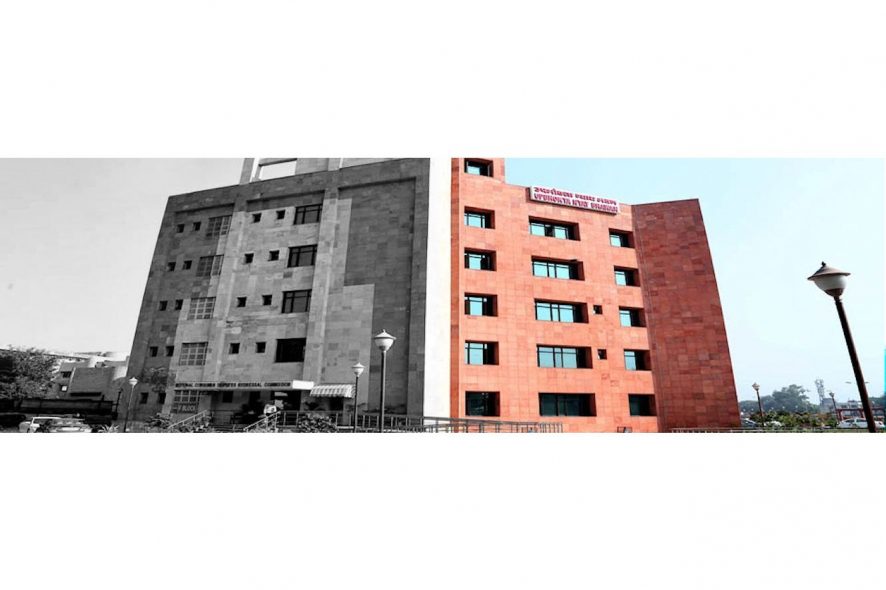National Consumer Disputes Redressal Commission (NCDRC): V. K. Jain (Presiding Member) while addressing the present matter observed that,
A negligent act such as driving a motor cycle without taking the orientation desired by its owner can never be equated with an intentional self-injury if driving the vehicle result in an accident.
Personal Accident Insurance (Individual) Policy
Deceased had obtained the above-stated policy from the OP whereunder a sum of Rs 58,75,000 was payable by the insurer in case he was to die in an accident.
In an accident, the Late Mr Sunil Seth died after. Complainant lodged a claim in the above-referred policy. Surveyor concluded that the death of Sunil Seth took place in a road accident and hence the claim may be processed as per the terms and conditions of the policy and its coverage.
Though the Insurer repudiated the claim vide letter dated 20-07-2017, which reads as follows:
“The claim is repudiated as per Exception No. 5(a) of the policy which stands as “The Company shall not be liable under this policy for Payment of compensation in respect of Death, Injury or Disablement of the Insured from Intentional self-injury.”
On being aggrieved with the repudiation of the claim, the complainant approached the Commission.
Pecuniary Jurisdiction
OP resisted the complaint stating that the Commission lacked pecuniary jurisdiction to entertain the consumer complaint.
In accordance with Section 21 of the Consumer Protection Act, 1986, the Commission has pecuniary jurisdiction to entertain the consumer complaint where the value of the goods or services and the compensation claimed by the complainant exceeded Rs 1,00,00,000.
Commission did have requisite pecuniary jurisdiction to entertain the consumer complaint.
Further, the Commission opined that in no case, whatsoever, an insurer can be asked to pay any amount beyond the sum insured to the complainant. Whether any compensation, over and above, the sum insured should be awarded in a given case or not would depend upon the facts and circumstances of the individual case.
Therefore, it would be difficult to say that merely because the sum insured was only Rs 58,75,000 this Commission would not have pecuniary jurisdiction to entertain the complaint.
In view of the Supreme Court decision in Galada Power and Telecommunication Ltd. v. United India Insurance Company Ltd., (2016) 14 SCC 161, the insurer cannot be allowed to contest the consumer complaint beyond the ground on which the claim has been repudiated.
According to the repudiation letter, the claim was repudiated solely on the ground that Eagle Rider who had given the motorcycle to its pillion rider Neeraj Sethi on hire had advised the person driving the motorcycle to undergo an orientation and the decease did not go such orientation, hence this was a case of intentional self-injury.”
The use of the term ‘intentional self-injury’ in the insurance policy would mean that the person who suffered the injury must have wanted such an injury caused to him.
Ordinarily, this would happen in a case where a person either wants to commit suicide or he wants to cause injury to himself.
A person driving a high-end motorcycle without taking the orientation which the owner of the vehicle wants to be taken by the driver of the vehicle may be said to be negligent if he drives the vehicle without such an orientation, but it can never be said that his intention behind driving such a motorcycle without orientation, desired by its owner, was to cause injury to himself.
Hence, the present case was not covered under exception no. 5(a) of the policy.
OP shall pay a sum of Rs 58,75,000 to the complainant along with compensation in form of simple interest on that amount @ 8% p.a. w.e.f. 6 months from the date of lodgement of the claim till the date of payment. Rs 50,000 as cost of litigation to be paid by the OP. [Mala Sahni Seth v. New India Assurance Co. Ltd., 2020 SCC OnLine NCDRC 461, decided on 08-10-2020]








Very Useful Information Regarding Injury Claims